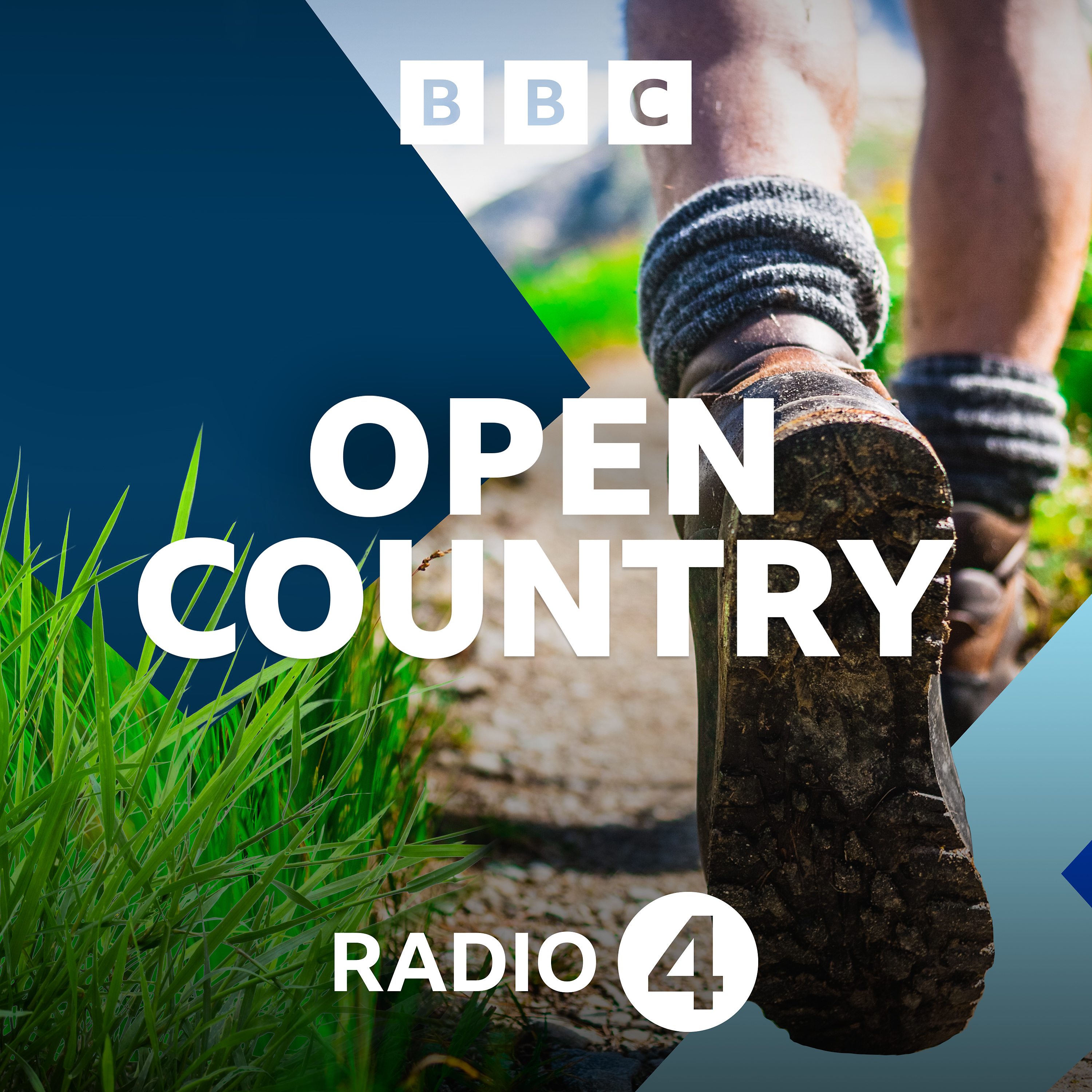Postal Paths and Corpse Roads
Description
Up until the 1970s, postmen and women in rural areas walked their delivery rounds - taking routes through the hills dubbed "postal paths". Some routes, and fragments of others, still survive today. In this programme Helen Mark explores one of them, near the village of Shap in Cumbria, with author Alan Cleaver who is writing a book about these old paths. So far he's identified over thirty of them up and down the UK. Others have now been built over and are gone forever. Alan tells Helen about the cultural significance of the postal service in the past, recounting the poignant story of a man who used to write letters to himself, just so that the postman would call by and he would have a visitor. Alan and Helen discuss the disappearing role of postmen and women, in the age of electronic communication.
Helen also explores part of Shap's old Corpse Road, which linked Swindale Head with Mardale - a village which didn't have its own cemetery until the mid 18th century. Before that, bodies had to be carried over the fells to Shap for burial - a distance of about eight miles. The last body was carried along the Corpse Road in 1736. Local historian Jean Scott-Smith tells the story of the Corpse Road and shows Helen part of the route.
Produced by Emma Campbell
More Episodes
Helen Mark visits 50 square miles that were neither England nor Scotland. The Debatable Lands, between Carlisle and Gretna, were home to untameable crime families that petrified the most powerful of Lords and Kings. For hundreds of years governments in London and Edinburgh left the region to its...
Published 10/03/24
Published 09/26/24
Martha Kearney follows the River Ouse, from the High Weald to the Sussex coast and - finally - into the sea itself. Along the way, she discovers how one of the UK's largest nature recovery projects is taking root.
The project is called 'Weald to Waves' - it's a wildlife corridor that has been...
Published 09/26/24


